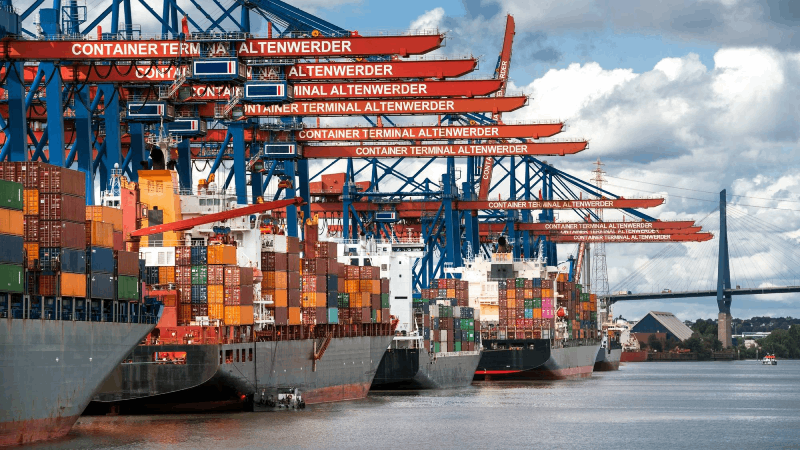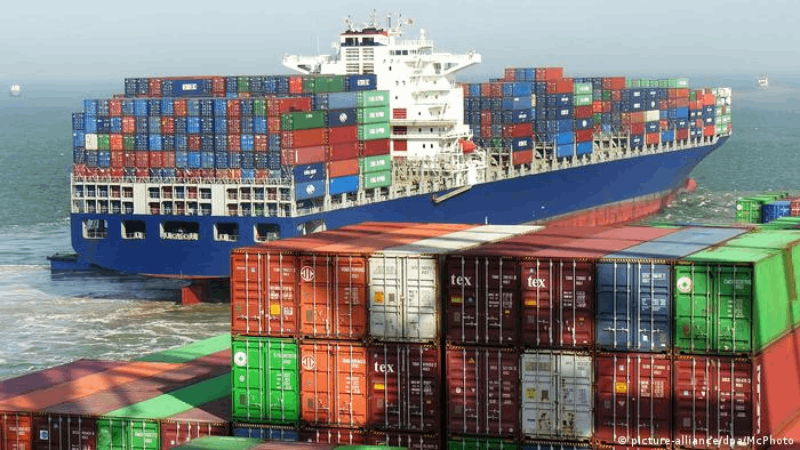Time:2022-02-28 Publisher:Kevin Num:7059

The recent relationship between Russia and Ukraine has affected the global situation. According to relevant media reports, on the 24th local time, Ukrainian military facilities were attacked by missiles.
It is reported that Russian troops have landed in Odessa, Ukraine's largest port city. Finally, the Assistant Minister of Internal Affairs of Ukraine, Grashchenko, said that the Ukrainian armed forces were attacked by bombers in Odessa.
In fact, the city of Odessa is famous for its port, as the Port of Odessa is the largest port in Ukraine and one of the largest on the Black Sea coast. In 2021, the port will complete a container throughput of 671,500 TEU.
Statistics show that nearly 70% of Ukraine's imports and exports are done by sea, of which the Port of Odessa is responsible for about three-quarters.
There are currently about 35 ships berthing at the port, one of which is a Hong Kong-registered container ship that just docked at the container terminal in Odessa on the 24th.
At present, many ships planning to go to Odessa have urgently adjusted their routes to wait in Ukrainian waters.
The services of major shipping companies to Ukraine have been suspended. The cargo loaded onto the ship will be unloaded to other terminals in the Mediterranean and Black Seas. Only Hapag-Lloyd has announced the suspension of bookings to Russia.
Global trade crisis

The world's commodity trade patterns are set for the biggest turmoil after yesterday's full-scale Russian invasion of Ukraine. Global trade patterns are likely to change dramatically as sea routes become unstable.
Ukraine has asked Turkey to close the Bosphorus and Dardanelles to Russian warships. In Odessa, many ships, including three container ships, ran aground and were unable to leave the port.
Following Russia's decision to invade Ukraine, shippers can expect freight rates to rise again, along with increased fuel costs and other surcharges.
Now, with the start of the war, the price of oil has risen to an all-time high - above $100 a barrel.
Supply chain economist Chris Rogers said: "Conflict could cause some disruption to the supply chain and reduce the ability of international buyers to transact."
"In turn, commodity prices could also rise, which could further fuel ongoing global supply chain inflation."
In the first quarter of last year, Russia sent 45 percent of its natural gas imports to Europe, according to Eurostat. Meanwhile, Russia and Ukraine together export about a quarter of global trade in wheat.
Therefore, whether it is sanctions or small-scale conflicts, it will seriously affect the global trade volume.



